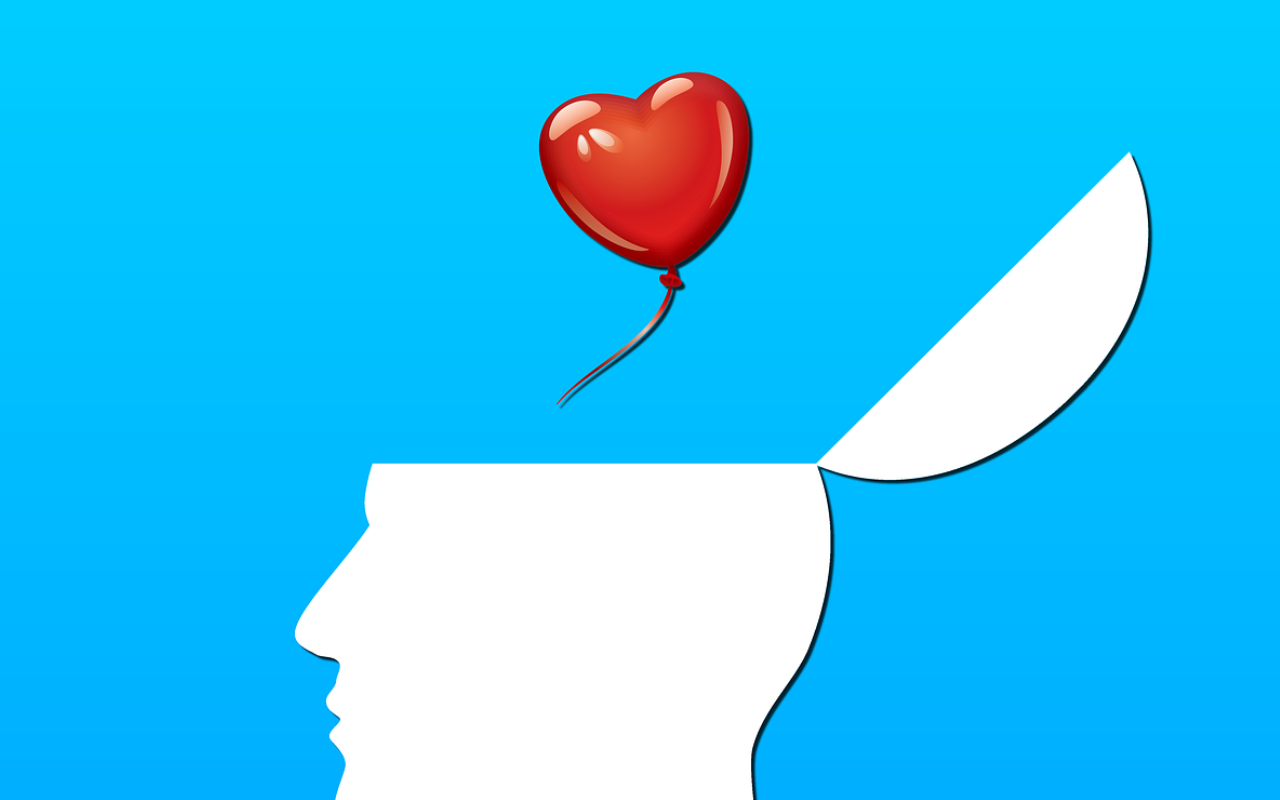Experiencing a break-up with a friend can be as painful as ending a romantic relationship. Friendships are vital to our social wellness, providing support, joy, and a sense of belonging. When these connections dissolve, it can lead to emotional distress and a feeling of loss. This article will guide you through the process of overcoming a friend break-up, focusing on steps to heal and maintain your social wellness.
1. Acknowledge Your Emotions
a. Allow Yourself to Grieve:
A break-up with a friend can trigger a range of emotions, including sadness, anger, and confusion. It’s important to acknowledge these feelings and allow yourself to grieve. Denying your emotions or rushing through them can prolong the healing process.
b. Reflect on the Relationship:
Take time to reflect on the friendship and its end. Understanding the reasons behind the break-up can help you process your feelings and gain clarity. Consider what lessons you can learn from the experience and how it can contribute to your personal growth.
2. Seek Support from Others
a. Talk to Trusted Friends or Family:
Share your feelings with other trusted friends or family members. They can offer support, provide a different perspective, and help you navigate through your emotions. Talking things through can also alleviate some of the emotional burden.
b. Consider Professional Help:
If the break-up is significantly impacting your mental health, seeking support from a therapist or counselor can be beneficial. A mental health professional can help you work through your emotions, offer coping strategies, and support your journey toward healing.
3. Focus on Self-Care
a. Engage in Activities You Enjoy:
Distract yourself with activities that bring you joy and fulfillment. Engaging in hobbies, exercising, or exploring new interests can help improve your mood and shift your focus away from the break-up.
b. Prioritize Your Well-Being:
Ensure you are taking care of your physical and mental health. This includes eating well, getting adequate sleep, and managing stress. Practicing self-care is crucial for maintaining your overall well-being and resilience during this challenging time.
4. Set Boundaries
a. Limit Contact if Needed:
If continuing contact with your former friend is causing additional pain, it might be helpful to set boundaries. This could involve limiting interactions or taking a temporary break to give yourself space to heal.
b. Communicate Clearly:
If you need to discuss boundaries with your former friend, do so clearly and respectfully. Honoring each other’s space and needs can help both parties move forward and facilitate a healthier transition.
5. Reflect and Learn
a. Assess the Friendship:
Consider what worked well in the friendship and what didn’t. Reflecting on these aspects can provide valuable insights and help you make better choices in future relationships. Understanding the dynamics of the friendship can also help you avoid similar issues in the future.
b. Embrace Personal Growth:
View the break-up as an opportunity for personal growth. Use the experience to develop a deeper understanding of yourself and your needs in friendships. This self-awareness can lead to more fulfilling and balanced relationships moving forward.
6. Rebuild Your Social Network
a. Connect with New People:
Expand your social circle by meeting new people and forming new connections. Join clubs, attend social events, or engage in community activities to build new friendships. These new relationships can provide fresh perspectives and support.
b. Nurture Existing Relationships:
Strengthen your existing friendships by investing time and effort into them. Show appreciation, offer support, and maintain open communication. Nurturing these relationships can provide a strong support system and help you feel connected.
7. Practice Forgiveness
a. Let Go of Resentment:
Holding onto anger or resentment towards your former friend can hinder your healing process. Practice forgiveness, both towards your friend and yourself. Letting go of negative emotions can free you from ongoing distress and contribute to emotional well-being.
b. Focus on Positive Outcomes:
Shift your focus towards the positive outcomes of the break-up. Recognize that ending a friendship can sometimes be necessary for personal growth and well-being. Embrace the opportunities that lie ahead and remain open to new experiences.
FAQs
Q: How long does it take to get over a friend break-up?
A: The time it takes to heal from a friend break-up varies for each individual. It depends on factors such as the nature of the friendship, the circumstances of the break-up, and your personal coping mechanisms. Be patient with yourself and allow the healing process to unfold naturally.
Q: What should I do if I still feel hurt even after a long time?
A: If you continue to feel hurt, it may be helpful to seek support from a therapist or counselor. They can assist you in processing your emotions and developing strategies to move forward. Additionally, engaging in self-care and connecting with supportive individuals can aid in your healing journey.
Q: Is it okay to maintain a friendship with someone after a break-up?
A: Maintaining a friendship after a break-up depends on the individuals involved and the circumstances of the break-up. It’s important to assess whether both parties are comfortable with continuing the relationship and if it serves both individuals’ well-being.
Q: How can I prevent future friend break-ups?
A: To prevent future friend break-ups, focus on open communication, mutual respect, and setting healthy boundaries in your relationships. Address issues early on and work towards resolving conflicts constructively. Building strong, supportive friendships requires effort and understanding from both parties.
Q: What are some healthy ways to cope with a friend break-up?
A: Healthy ways to cope with a friend break-up include seeking support from other friends or a therapist, practicing self-care, engaging in enjoyable activities, setting boundaries, and reflecting on the experience for personal growth. Embracing these strategies can help you navigate the break-up and support your overall social wellness.
Conclusion
Overcoming a friend break-up involves acknowledging your emotions, seeking support, and focusing on self-care. By reflecting on the relationship, setting boundaries, and rebuilding your social network, you can navigate through this challenging time and maintain your social wellness. Embrace the opportunity for personal growth and remain open to new connections and experiences. Healing takes time, but with patience and self-compassion, you can emerge stronger and more resilient.



